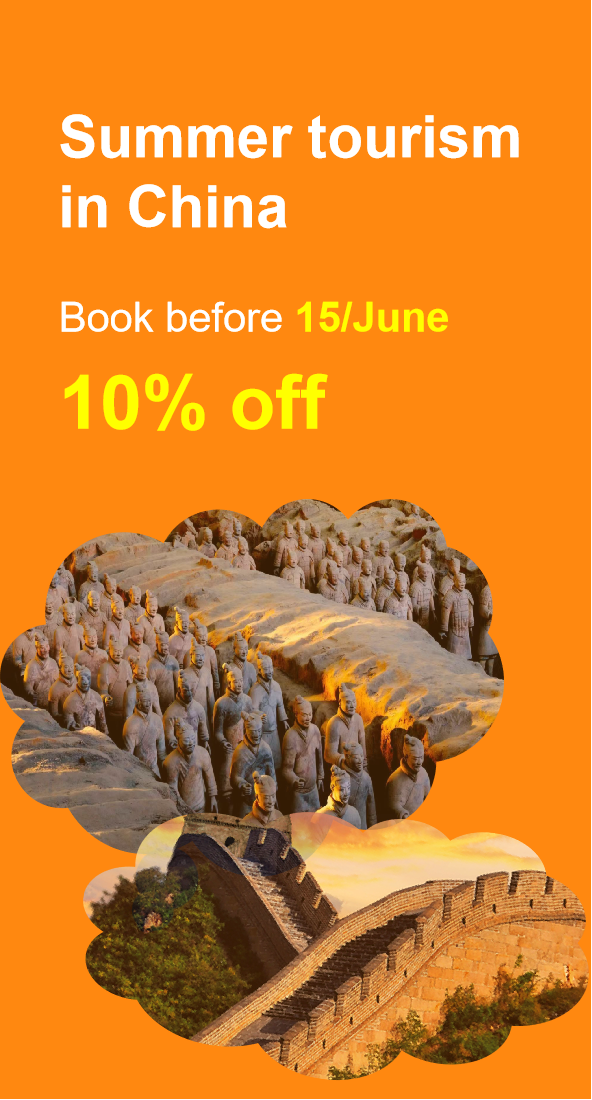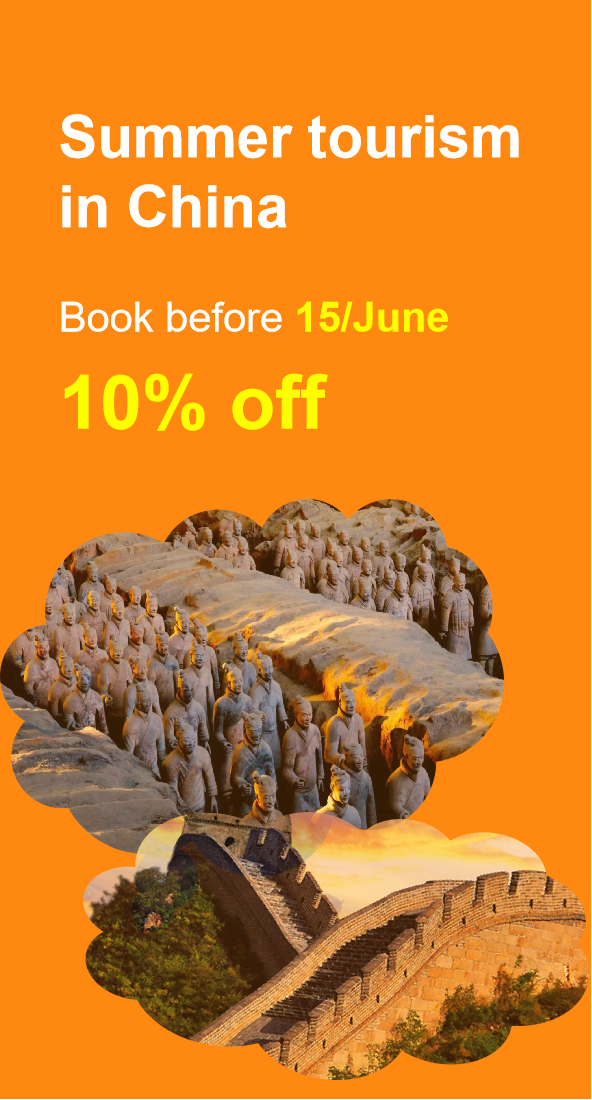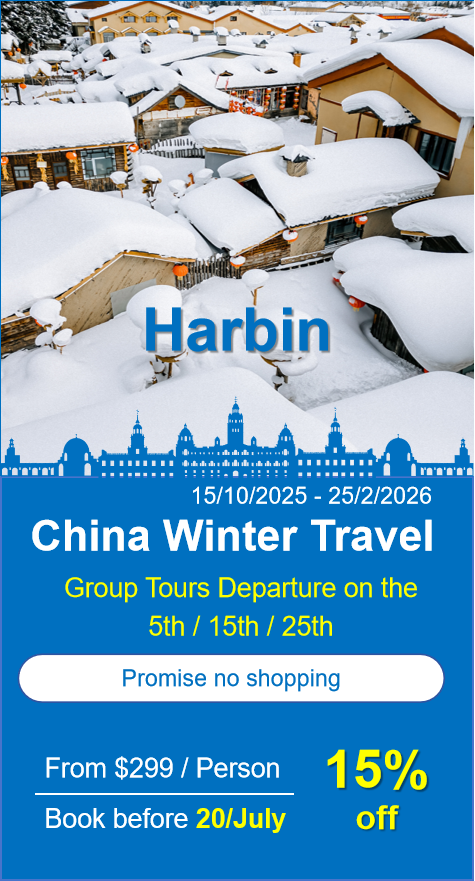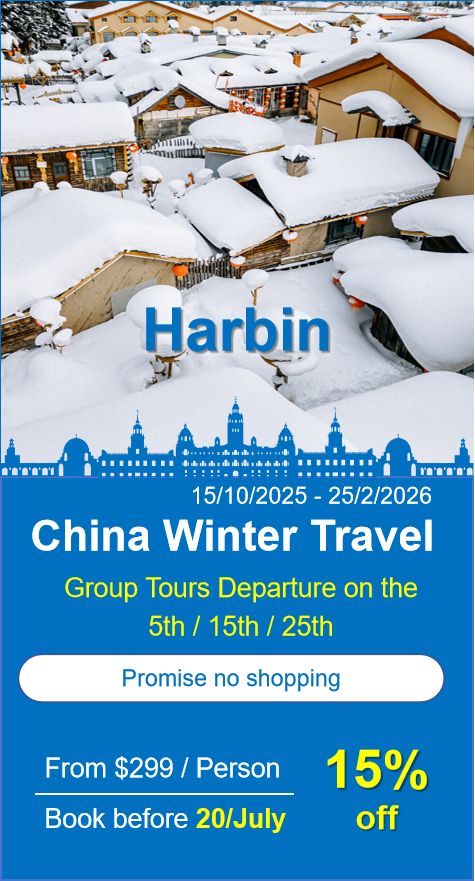Henan Opera
Henan Opera: A Time - Honored Cultural Gem of China
Henan Opera, also known as Yu Opera, is one of the most prominent and well - loved traditional Chinese operas. It originated in the central region of Henan Province and has since spread its influence far and wide. This opera form ingeniously blends local folk music, dances, and dramatic storytelling. Henan Opera is renowned for its powerful and resonant singing, vivid character portrayals, and captivating plots. It serves as a vivid reflection of the life, emotions, and values of the people in central China, offering a unique window into Chinese folk culture.
 History of Henan Opera
History of Henan Opera
A. Early Beginnings
The roots of Henan Opera can be traced back to the folk songs and dances in rural Henan during the Ming and Qing dynasties. Local farmers and villagers would sing and dance during festivals, harvests, and other significant events. These folk performances were simple and spontaneous, often centered around daily life, love stories, and local legends. The lyrics were straightforward, and the melodies were catchy, passed down orally from one generation to the next, laying the musical foundation for Henan Opera.
In the late Qing Dynasty, some folk artists began to incorporate more structured dramatic elements into these performances. They added basic scripts, defined roles, and more elaborate actions, gradually transforming the folk songs and dances into a primitive form of opera. This marked a crucial step in the evolution of Henan Opera, as it started to take on the characteristics of a comprehensive performing art.
B. Development in the 20th Century
During the early 20th century, Henan Opera experienced a period of rapid development. Professional opera troupes were formed, and they began to perform in urban theaters, attracting a wider audience. These troupes actively refined the performance style of Henan Opera, improving the music, acting, and stage design.
In the 1930s and 1940s, amid the turbulent social environment, Henan Opera artists used their art as a means of expressing national sentiment and social concerns. They created plays that reflected the struggles of the common people during the war and the pursuit of national independence, which resonated deeply with the audience and further enhanced the popularity of Henan Opera.
C. Modern Era
After the founding of the People's Republic of China in 1949, Henan Opera entered a new phase of prosperity. The government provided strong support by establishing professional opera schools and research institutions, training a large number of new talents. New plays were continuously created, covering a wide range of themes, from historical stories to modern social issues, reflecting the social changes and the lives of ordinary people in the new era.
In the late 20th century and into the 21st century, with the advancement of technology and the increasing globalization of culture, Henan Opera has embraced new opportunities. It has been introduced to international audiences through performances abroad and online platforms. At the same time, it continues to innovate at home, combining traditional elements with modern music, stage effects, and storytelling techniques to attract younger generations.
 Distribution Areas of Henan Opera
Distribution Areas of Henan Opera
A. Provinces
· Henan Province: As the birthplace and heartland of Henan Opera, this province is home to numerous professional opera troupes. Zhengzhou, the capital city, has the Henan Opera Theater, which is a well - known venue for high - quality Henan Opera performances. There are also many amateur Henan Opera groups in communities, schools, and rural areas across the province, keeping the tradition alive at the grassroots level.
· Hebei Province: Due to its geographical proximity to Henan, Hebei has been influenced by Henan Opera. Cities like Shijiazhuang and Handan have their own Henan Opera troupes and performance venues. The opera has integrated with local folk culture to some extent, creating a unique regional flavor.
· Shanxi Province: In Shanxi, especially in areas bordering Henan, Henan Opera is also popular. Local artists have incorporated elements of Shanxi's folk music and dance into Henan Opera, resulting in a cross - cultural fusion that appeals to the local audience.
B. Scenic Spots and Cultural Venues
· Henan Opera Museum in Zhengzhou: This museum is dedicated to the preservation and promotion of Henan Opera. It houses a large collection of costumes, props, musical instruments, and historical documents related to Henan Opera. Visitors can learn about the history, development, and artistic characteristics of Henan Opera through multimedia displays, guided tours, and interactive exhibits.
· Kaifeng Henan Opera Cultural Park: Located in Kaifeng, a city with a rich cultural heritage, this cultural park offers a comprehensive Henan Opera experience. Visitors can watch live performances in traditional theaters, participate in workshops to learn basic singing and acting skills, and explore replicas of ancient Henan Opera stages. It is a great place for both locals and tourists to immerse themselves in the world of Henan Opera.
· Luoyang Ancient City Theater: Situated in the historical city of Luoyang, this theater combines the charm of ancient architecture with modern performance facilities. It regularly hosts Henan Opera performances, allowing visitors to enjoy the art form in a culturally rich and picturesque setting.
 Features and Unique Skills of Henan Opera
Features and Unique Skills of Henan Opera
A. Music and Singing
Henan Opera is characterized by its powerful and resonant music. The main musical instruments include the banhu (a two - stringed bowed instrument), the suona (a double - reed wind instrument), and the pipa (a plucked string instrument). The music is often based on local folk tunes, with a strong rhythm and a wide range of pitches.
The singing style of Henan Opera is bold and expressive. Singers use a loud and clear voice to convey the emotions of the characters. There are different singing techniques for different roles. For example, male roles often use a deep and robust voice to show strength and determination, while female roles have a more flexible and melodious voice to express tenderness and emotion.
B. Acting and Gestures
The acting in Henan Opera is dynamic and energetic, focusing on expressing the inner emotions of the characters through exaggerated gestures and facial expressions. Unlike some other operas that emphasize subtlety, Henan Opera actors use large - scale body movements to convey meaning. For example, a wide - open arm gesture can represent grandeur or a sudden surprise, while a quick turn of the body can show anger or impatience.
Eye movements are also an important part of Henan Opera acting. Actors use their eyes to communicate with the audience and other characters on stage, expressing a wide range of emotions such as love, hatred, and fear. A piercing gaze can create a sense of tension, while a soft and gentle look can convey affection.
C. Unique Performance Elements
· Sleeve Play: The long sleeves of the costumes are an important prop in Henan Opera. Actors use the sleeves to enhance their performances, expressing emotions and adding visual beauty. For example, a slow and graceful wave of the sleeves can represent elegance and poise, while a quick and vigorous甩袖 (flinging of the sleeves) can show anger or excitement. Different folding and unfolding techniques of the sleeves also have specific meanings in the context of the performance.
· Beard Play: For male roles with beards, beard play is a unique skill. Actors can use the movement of the beard to express emotions. A gentle stroke of the beard can represent thoughtfulness, while a sudden tug can show anger or frustration.
 Costumes, Facial Makeup, and Appearance in Henan Opera
Costumes, Facial Makeup, and Appearance in Henan Opera
A. Costumes
· Design and Materials: Henan Opera costumes are designed to be eye - catching and symbolic, reflecting the status, personality, and role of the characters. They are usually made from rich and colorful materials such as silk and brocade. The costumes often feature elaborate patterns and decorations, including embroidery, beading, and painting, which add to their visual appeal.
· Types of Costumes: There are different types of costumes for different roles. Female roles' costumes include the "Hua Dan" (young female) costume, which is usually short - sleeved and has bright colors and floral patterns, showing the innocence and liveliness of young girls; and the "Qing Yi" (mature female) costume, which is long - sleeved and more formal, representing the dignity and elegance of mature women. Male roles' costumes include the "Sheng" (male lead) costume, which can vary from a simple long gown for a scholar to a more elaborate armor for a warrior, showing different social statuses and personalities.
B. Facial Makeup
· Symbolism and Meanings: Henan Opera facial makeup is highly symbolic, used to represent the characteristics and personalities of the characters. Different colors and patterns on the face have specific meanings. For example, a red face usually represents loyalty and bravery, a black face represents integrity and impartiality, and a white face often represents cunning and treachery.
· Patterns and Styles: The facial makeup patterns are diverse and complex. For "Jing" (painted - face) roles, the makeup is more elaborate, with bold lines and vivid colors to create a striking visual effect. For "Sheng" and "Dan" (male and female leads) roles, the facial makeup is relatively simpler, mainly used to enhance the natural beauty of the actors and highlight their gentle and kind characteristics.
C. Appearance and Hairstyles
· Female characters: Female characters in Henan Opera often have elaborate hairstyles. They may wear hairpins, flowers, and jeweled ornaments to add to their beauty. The hairstyles vary depending on the age and status of the character. For example, a young girl may have a high ponytail with colorful ribbons, while a noblewoman may have a complex updo with multiple hairpins and a headdress.
· Male characters: Male characters' hairstyles are relatively simpler but still have their own characteristics. They usually have their hair neatly combed and tied back, with a headband or a hat in some cases to show their status or personality. Warriors may wear helmets or headgear with feathers to add a sense of heroism.
 How to Experience Henan Opera for Foreigners
How to Experience Henan Opera for Foreigners
A. Watching Performances in Theaters
· Choosing a Theater: For foreigners visiting China, watching a Henan Opera performance in a professional theater is a great way to experience this art form. The Henan Opera Theater in Zhengzhou and the Kaifeng Henan Opera Theater are excellent choices. These theaters offer high - quality performances with English subtitles or audio guides in some cases, making it easier for foreign audiences to understand the plot.
· Booking Tickets: Tickets for Henan Opera performances can be booked online through official theater websites or third - party ticketing platforms. It is advisable to book tickets in advance, especially during peak tourist seasons, to ensure a good seat. Some theaters also offer special packages that include dinner or a backstage tour before the performance, providing a more immersive experience.
· Pre - performance Preparation: Before watching the performance, it is helpful to do some research on Henan Opera. You can read about the basic elements of the opera, such as the different roles, music, and unique skills. Watching some short video clips of Henan Opera online can also give you a sense of what to expect and enhance your appreciation of the performance.
B. Participating in Workshops and Cultural Activities
· Finding Workshops: Many cultural institutions, universities, and tourism companies in Henan offer Henan Opera workshops for foreigners. These workshops provide an opportunity to learn about the basic skills of Henan Opera, such as simple singing techniques, sleeve play, and beard play. The workshops are usually led by experienced Henan Opera actors or teachers who can provide guidance and feedback.
· Duration and Content: The duration of the workshops can vary from a few hours to a whole day. During the workshop, you will learn about the history and culture of Henan Opera, try on costumes, and even have a chance to perform a short scene under the guidance of the instructor. This hands - on experience will give you a deeper understanding of the art form and create unforgettable memories.
C. Exploring Henan Opera - related Scenic Spots
· Visiting Museums and Exhibitions: As mentioned earlier, the Henan Opera Museum in Zhengzhou and other cultural venues have exhibitions related to Henan Opera. Visiting these places allows you to see a collection of costumes, props, and historical documents, and learn about the development of Henan Opera through multimedia displays and guided tours.
· Strolling through Ancient Streets: In cities like Zhengzhou, Kaifeng, and Luoyang, there are ancient streets that retain a traditional atmosphere. Walking along these streets, you may come across street performances of Henan Opera snippets. You can stop and watch these performances, interact with the actors, and take photos, experiencing the charm of Henan Opera in a real - life setting.
D. Interacting with Local Artists and Enthusiasts
· Joining Local Cultural Events: In Henan, there are often local cultural events and festivals that feature Henan Opera performances. By participating in these events, you can meet local Henan Opera artists and enthusiasts. You can chat with them, ask questions, and learn about their experiences and insights into the art form, gaining a more authentic and in - depth understanding of Henan Opera.
· Using Social Media and Online Communities: If you are interested in Henan Opera but are not currently in China, you can still connect with Henan Opera fans and artists through social media and online communities. There are many Facebook groups, WeChat public accounts, and YouTube channels dedicated to Henan Opera. You can join these communities, share your thoughts, and learn from others. Some artists may even offer online classes or Q&A sessions, allowing you to learn about Henan Opera from the comfort of your own home.
What Our Clients Say?
Based on 10,000+ traveler reviews











